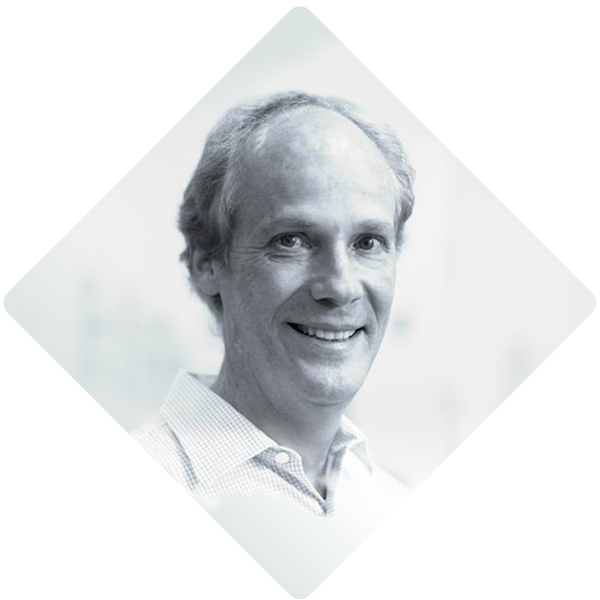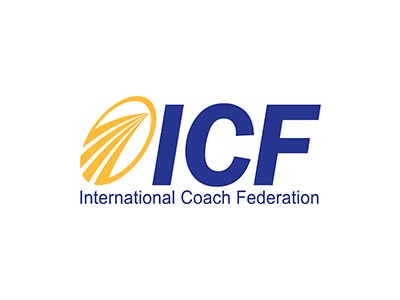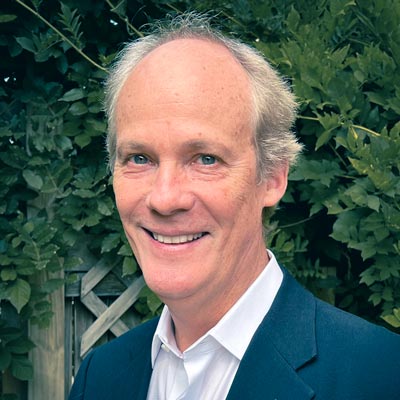Over the past 18 months, I visited countless businesses in the U.S. and in Brazil and talked to their executives as a consultant and career coach. During the visits, we discussed business models and processes and I noticed that the vast majority of businesses maintain the same basic “modus operandi” they have been using for the last 5 to 10 years. We know that consumers are increasingly more demanding, competition is more intense, different target audiences want to be treated differently and technology is changing faster than ever before. Yet, the change in human behavior to deal with this innovation seems in many cases stagnated. Why? Fear of the unknown? Fear to fail and receive the blame? Fear to venture out of one’s comfort zone?
At all times, we experience the speed of change and innovation around us in some way. To illustrate, we can cite the “knowledge doubling curve” created by Buckminster Fuller. He noticed that until 1900 human knowledge doubled approximately every century. By the end of World War II knowledge was doubling every 25 years. Today things are not as simple. Different types of knowledge have different rates of growth. For example, nanotechnology knowledge is doubling every two years and clinical knowledge every 18 months. But on average human knowledge is doubling every 13 months!
We perceive change and experience innovations on a daily basis, but for some reason we often resist changing our habits and the way we make business decisions. Most people are risk averse and afraid of change and therefore will gladly settle with what they already know. Most business decision making still relies in conservative models which punish collaborators that take risks and fail.
At the same time, we know that nothing is more important to the survival of a company than change and innovation. History shows us countless examples of companies that have resisted changes and have either disappeared or become irrelevant. Kodak did not believe in the digital world, because it wanted to continue selling films; Blockbuster, which lost its market to on-line streaming insisted for too long in renting DVD´s and Blue Rays out of physical retail outlets. In both of these cases management was afraid to cannibalize its existing “cash cows” and favored short-term results over long-term innovation with a certain degree of risk.
The biggest hindrance to innovation is the fear of change. Change requires effort and risk and it can have harsh repercussions. It also causes discomfort. Executives are keen in guaranteeing their short-term quarterly results instead of focusing in the long-term health and success of their organizations.
Every day we need to understand our customer and his/her needs better. We need to maintain a lean organization with a low cost structure. We have to understand the changes in technology and how they can help us. We need the courage to constantly reinvent our businesses and processes. We need to support and encourage innovation. As the wise Peter Drucker said: “Embrace change! One thing is certain: tomorrow’s opportunities will not be like today’s. “
Companies should reward innovation. New ideas and processes should be prototyped and tested rapidly in smaller scales in order to be adapted and perfected. Failures should be accepted as part of the process and used as learning experiences. This will enhance creativity and foster innovation and future growth.





